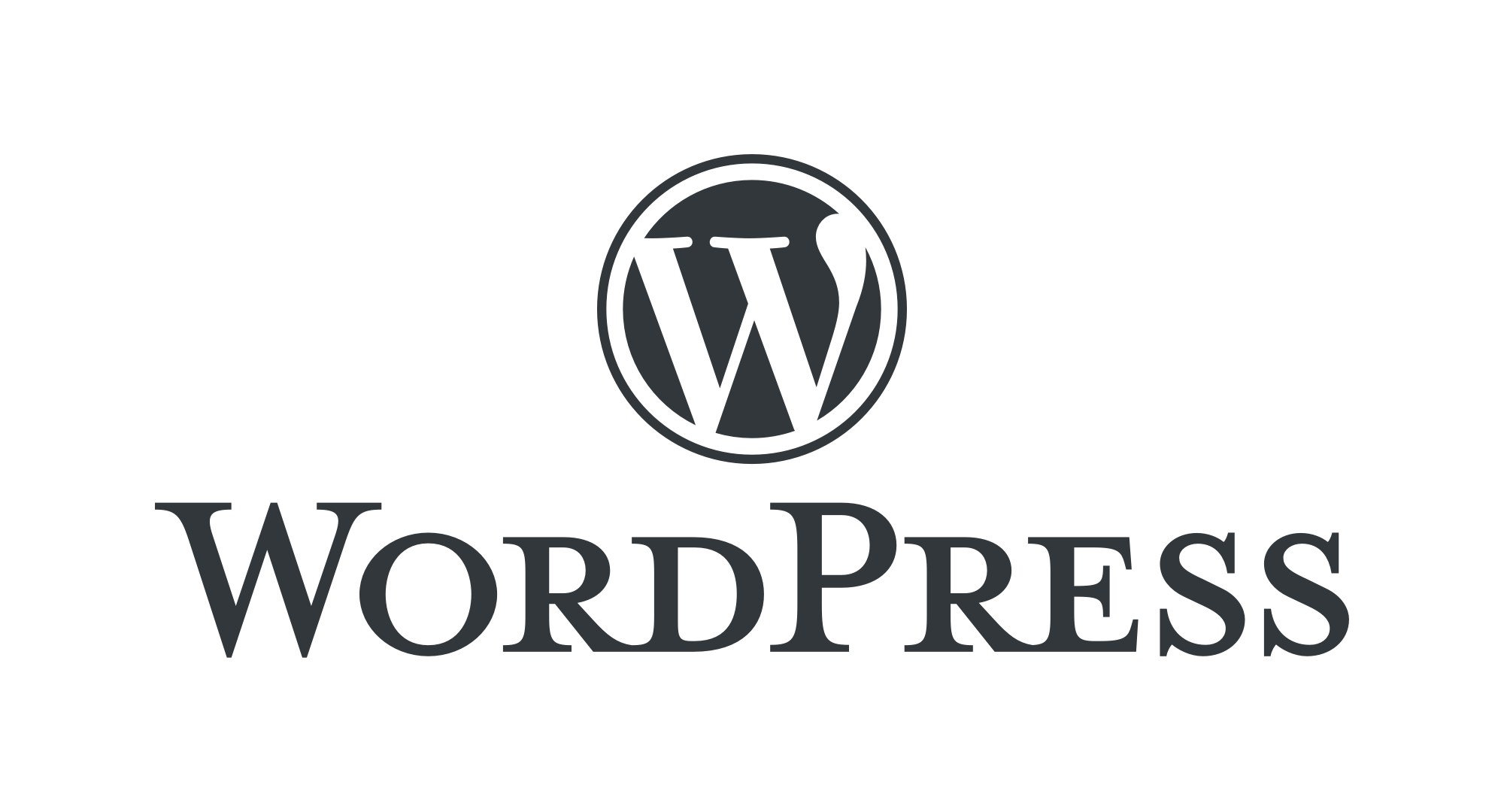Whether you're looking to supplement your income with a side gig or cut the cord on corporate life and start your own business, setting yourself up for success as a service provider doesn't need to be overly complicated or expensive.
I launched OlympIQ for a tick under $500. Will that number go up as the business (hopefully!) grows? Of course. The average contract employee earns anywhere from $50-$250 per hour, so with a little determination, experimentation, and a strong network, you should be able to recoup your initial investment on your first day with your first client.
The Basics
This is not rocket science. You got this. Here's the first handful of things you'll want to tackle.
Buying a domain
Chances are YourName.com is pretty inexpensive. If you ALSO happen to be named Benedict Cumberbatch, you can always add your area of expertise to the URL. I initially purchased PeteDeOlympio.com for $12 per year. When launching a business started to look like an actual possibility, I purchased OlympIQ-Marketing.com for $44 per year.
Current expenses: $56.
Building a website



When I first started tinkering with this project, it was so I could learn WordPress and get a portfolio put together. WordPress starts relatively cheap, but there are a lot of add-ons needed to have a reasonably professional-looking website. If you're a web developer, obviously this is less of a concern. I know enough to be dangerous, but not so much that I can code an optimized, responsive site from scratch.
WYSIWYG platforms like Wix and Squarespace are fine, but I would recommend streamlining your tech stack and simply using HubSpot as your CRM and CMS. Other platforms connect to HubSpot, usually without much in the way of added headaches or expenses, but it's one less thing to worry about if you consolidate.
WordPress
|
WordPress Starter: $4/month Domain registration for one year Handful of free templates Ad Free 8% transaction fee |
WordPress Explorer: $8/month Additional free templates Customer support Customize fonts Site log 4% transaction fee |
WordPress Creator: $25/month No site visitor limitations* 24/7 support Security features (DDOS protection, malware protection, etc) |
My two cents: WordPress is the industry standard for a reason. If you're looking to compete with Time, Disney, Bloomberg, and the like, you'd probably do well by investing in it. If you're going out on your own for the first time, I'd invest the money elsewhere.
Wix
I used Wix when I was the marketing director at a data and analytics consultancy. The customer service is great, it's not too expensive, and it makes launching a basic site relatively simple.
|
Light - $17/month 2 seats 2GB storage Minimal marketing tools |
Core - $29/month 5 seats 50GB storage Basic marketing suite (automated shares, email, etc) Accept payments / Basic eCommerce |
Business - $36/month 10 seats Standard eCommerce |
Business Elite - $159/month 15 seats Unlimited storage Advanced marketing, analytics, & eCommerce suites Advanced developer platform |
Streamline Your Stack
Here's why I decided to move everything into HubSpot: simplicity. Easily track your contacts, prospects, orders, deals, AND seamlessly connect your website.
Content Hub - $180/year
For about half the cost of WordPress, you get access to robust website themes, blogging tools, landing pages, AND the starter versions of HubSpot's customer relationship, marketing, and sales tools. This was perfect for my business-of-one, and it's what I would recommend you try as well.
- Easily track contacts, companies, deals, and tickets.
- Access forms, create customizable CTAs, and send marketing emails.
- Create invoices, track quotes, and accept payments.
- Generate custom reports based on your single source of truth - no clunky connections/integrations.
HubSpot has a reputation for getting expensive quickly, and that's fair. For example, to remove HubSpot branding from your marketing emails, you'll need to add Marketing Hub Starter for $15/month. Marketing Hub Professional, a more robust offering, costs $800/month and there's a $3k onboarding fee.
Of course, as your business grows so too will your consideration for your margins. Whether that's the cost of freelancers, full-time hires, or more robust tech solutions, you'll need to put in the due diligence regarding the investment in your business and the expected yield.
For a business of one - maybe just as a side gig? I think HubSpot is close to perfect.
Current expenses: $56 (domains) + $191 (HubSpot) = $247
Nice-to-Have Tech Tools
Google Workspace
One of the few things HubSpot doesn't do at all is domain email. You can integrate hello@mycompany.com easily, but you can't run it natively in HubSpot.
I went with Google Workspace, which is $21/month. After the first month (free trial) you can scale this down to $7.20 with Business Starter. It's a little annoying that you can't select your tier right from the beginning, but hey Google's gotta make a buck, right?
Sigh.
Canva Pro
I think it's safe to say just about everyone knows about Canva at this point, but if not it's basically PhotoShop For Dummies. Maybe you've used the free version to make birthday invites for your kids or something like that. The pro version is not particularly expensive ($10/month if you sign up for a year, otherwise $15/month) and unlocks tools like background remover, AI-assisted photo editing, and tons of graphics, images, and stock videos.
Current expenses: $56 (domains) + $191 (HubSpot) + $204 (Google Workspace/Canva) = $451
I Guess You Could Say Things Are Getting Pretty Serious
A few other things, though I'm not the best resource to explain the extensive nuances involved. Just putting it on your radar.
Business Insurance
One of the biggest risks of starting your own business is that there's no legal distinction between you and your company. Your assets (your house, your car, etc) can be seized if you were to get sued. Business insurance helps mitigate this risk.
Business insurance protects you from the financial fallout of unexpected events. If you're functioning as a consultant, your risk is relatively low. You probably work in your house rather than in an office, and it's unlikely you have employees at all, much less ones who might hurt themselves on the job and seek worker's compensation.
But maybe you're a social media marketing consultant, and you accidentally confuse the lifetime budget for the daily budget. Left unchecked, this could cost your client quite a bit of money. They will almost certainly be pretty upset and could consider seeking remuneration for your mistake. Choosing business insurance that will cover these sorts of costs might be worth consideration.
Costs, of course, will vary. Typically a $2M policy will cost around $30/month.
Start an LLC
An LLC creates a legal separation between you and your company. If your business were to fail, your creditors can't go after your assets for repayment. This is more expensive than simple business insurance - and most LLCs will have business insurance in addition to this legal separation.
The rules vary from state to state. In Massachusetts, where I live, there's a one-time $500 setup fee and recurring yearly maintenance fees of $520. It's probably wise to speak to an accountant or legal professional to help guide this important decision-making process.
Another advantage of setting up an LLC is that you'll receive an EIN (employer identification number) which is used in place of your social security number on financial transactions.
Conclusion
Starting your own business is an exciting, rewarding journey. With the right tools and a bit of determination, you can build a successful service-based business without breaking the bank.
Ready to take the first step? Contact me today for guidance and support.



